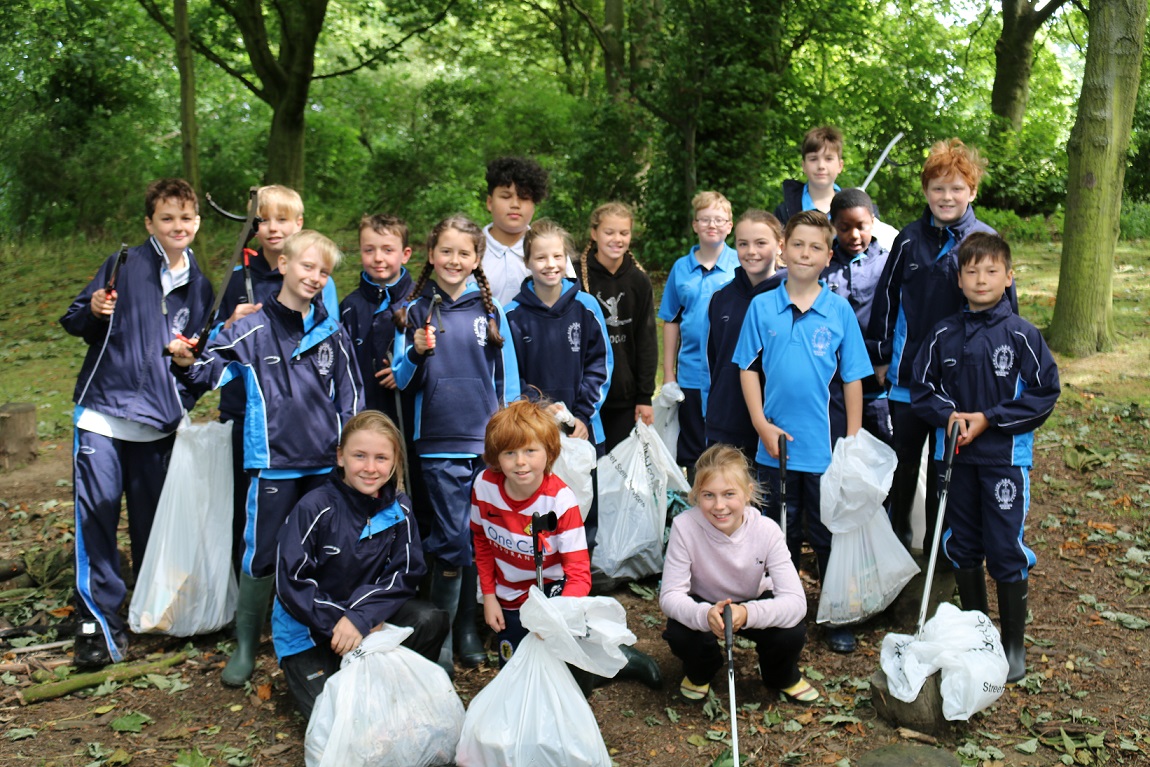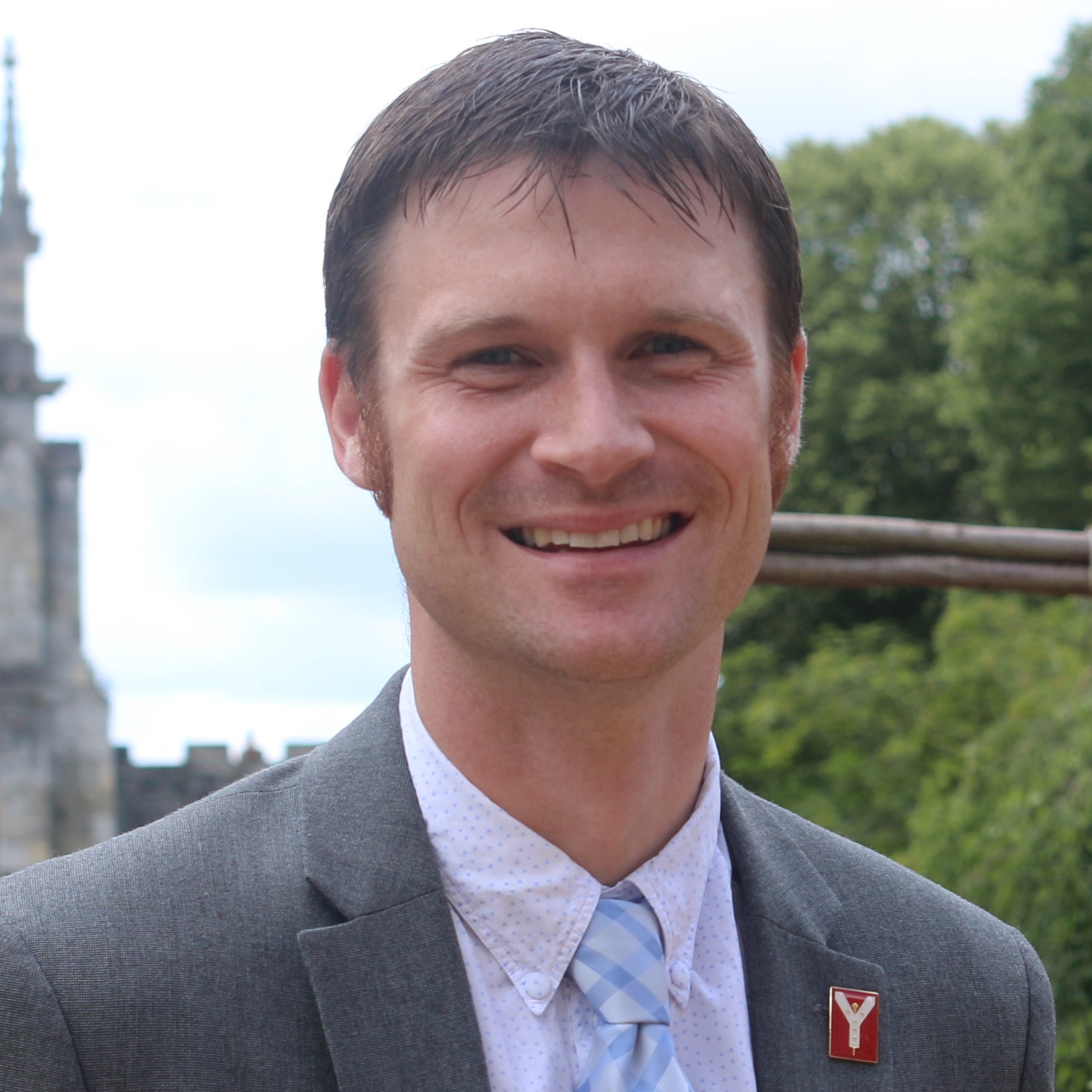The Archbishop of York Youth Trust is passionate about developing opportunities for young people to grow in leadership, faith and character, in partnership with schools, churches and communities. In this blog, the Trust’s CEO, Dan Finn, offers some top tips for encouraging young people to take part in social action, regardless of the context or setting.
Through our Young Leaders Award, the Archbishop of York Youth Trust has empowered more than 90,000 young people from over 750 schools to learn and practice key leadership skills and character virtues, and to transform their communities through social action.
Young people have the power to change our world for the better. No matter what the setting; whether that’s a school, church, family home or a community centre, we all have a responsibility to help inspire young people to look beyond themselves; to support them to see the need within their local community and to know how they can bring transformation to the lives of others.
Serving others through social action should be a key part of every young person’s development. Providing young people with opportunities to initiate and take a lead in wide-ranging social action projects creates both personal and social benefits, and develops key skills that are critical for young people to flourish in today’s society.
Here are some top tips and ideas for encouraging and supporting groups of young people to engage with the local community:
1. Make sure young people know why they should get involved in social action
What does social action and service mean to young people? Ask them. Have a conversation about why helping people in need living in your community is important. Research from the iWill campaign shows that 81% of young people care about contributing to making the world a better place for everyone … so, explore the reasons and opportunities to do that.
2. Explore the vulnerable, lonely and isolated groups in your community
Which people, or groups of people, in your community do young people think are in need? Is it older people? Those in poverty or who are homeless? Those suffering with poor mental health? If you are working with a group of young people, take them on a walk to identify community hubs and areas of need. Provide them with questions to consider and discuss. You could invite a speaker or organisation to share their experiences with the group and to provide opportunities to discuss how the group could really help those in need.
3. Help young people to identify with causes in your community and to develop their passion and interest
This is essential since it allows young people to take ownership of social action for themselves. It encourages them to reflect on causes they really care about. Model your own passion and experience of volunteering to bring the group’s ideas to life … and share the benefits to you as well as to the people you have served. Be honest and open about the challenges and benefits you’ve personally experienced. As hard as it may be, try to let the action be youth-led, since this is how learning takes place. Taking a step back will allow young people to feel a real sense of ownership of the project.
4. Link discussion into current news and social media stories to generate ideas for projects
What is currently in the news that really interests the young people in your group? Is it to do with single-use plastic? Or modern-day slavery? Encourage the group to engage with topical news and issues to consider the differences they could make.
5. Build in a planning process to take part in social action
It may be the first time that your group of young people will be organising a project of this nature. Give them advice on how to plan and run a project, help them to identify priorities, and ask key questions of themselves.
6. Encourage young people to dream big about possibilities for change
Thinking about what is realistic in the first instance can be restricting! Dream big and boldly about what your group could do and then narrow down your options for what is achievable afterwards. Young people bring energy and life to projects and discussions, so allow yourself to be inspired and to learn throughout this process too.
7. Reflect on the skills and characteristics developed as a result of social action projects
The important process of reflection should not be forgotten or left out. By reflecting on what they have learnt through social action, whether that is team building, public speaking or negotiation, young people will be able to transfer and model this learning to other areas of life. It’s not just about a single activity, but about the development of their whole character through the project.
To find out more about how the Archbishop of York Youth Trust encourages children and young people to take part in social action, visit our website or telephone us on 01904 231 010. Follow us on Twitter, Facebook and Instagram.






